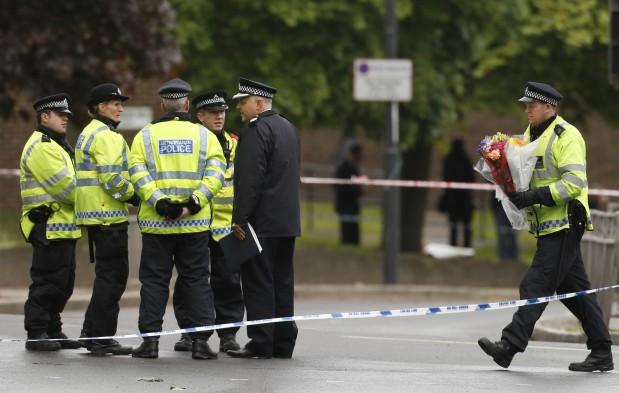London Attack: Is it Terrorism?
London_attack_cleaver_soldier
The suspects involved in the gruesome killing of a British soldier on a London street were reportedly known to British security services. And as bystanders started using their cell phones to videotape one of the suspects, they told bystanders they hacked the soldier to death in the name of Islam. But does what they did constitute an act of terrorism?
Unlike the bombs set at the Boston Marathon or the 2005 attacks on London's mass transit system, the violence in London did not aim to harm citizens randomly. "To me, this is more hate crime," says Urban. "The victim was chosen because of his identity, even something he was wearing may have been significant in it."
And how the attack was perpetrated – cars and knives – didn't require special financing or training.
Urban says the do-it-yourself aspects of the London killing make it almost impossible for authorities to predict or pre-empt – even if they were on a list.
"They were self-radicalized," says Urban, "and they were able to do what they did with readily available materials."
Host Marco Werman speaks with the BBC's Mark Urban about why the London street killing marks yet another grisly chapter in the history of senseless violence.
We want to hear your feedback so we can keep improving our website, theworld.org. Please fill out this quick survey and let us know your thoughts (your answers will be anonymous). Thanks for your time!
